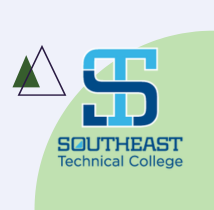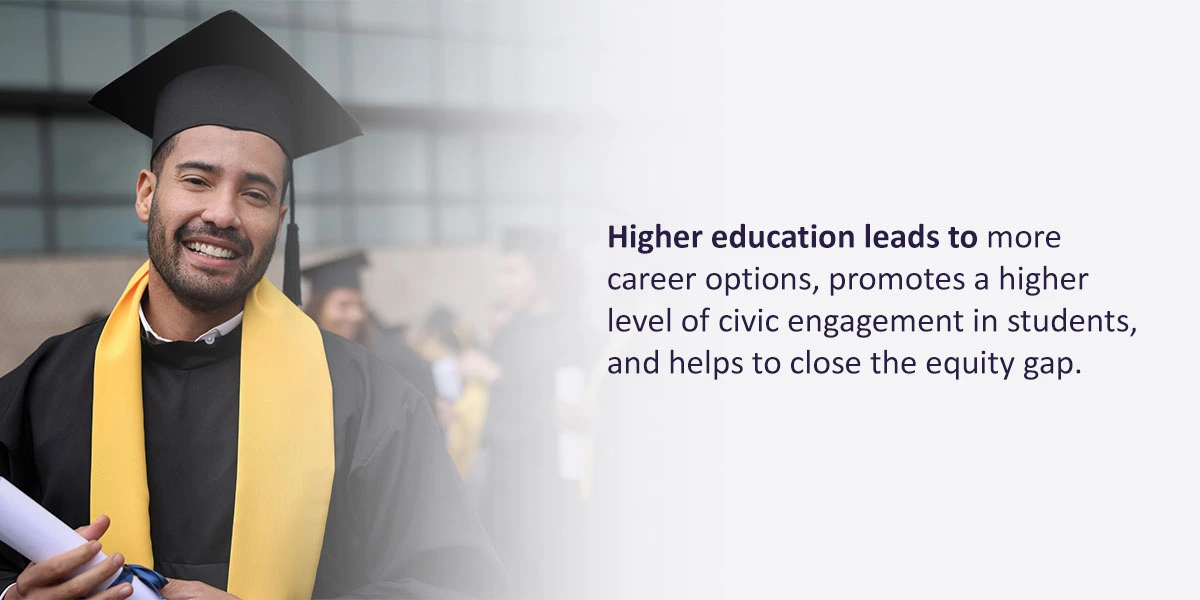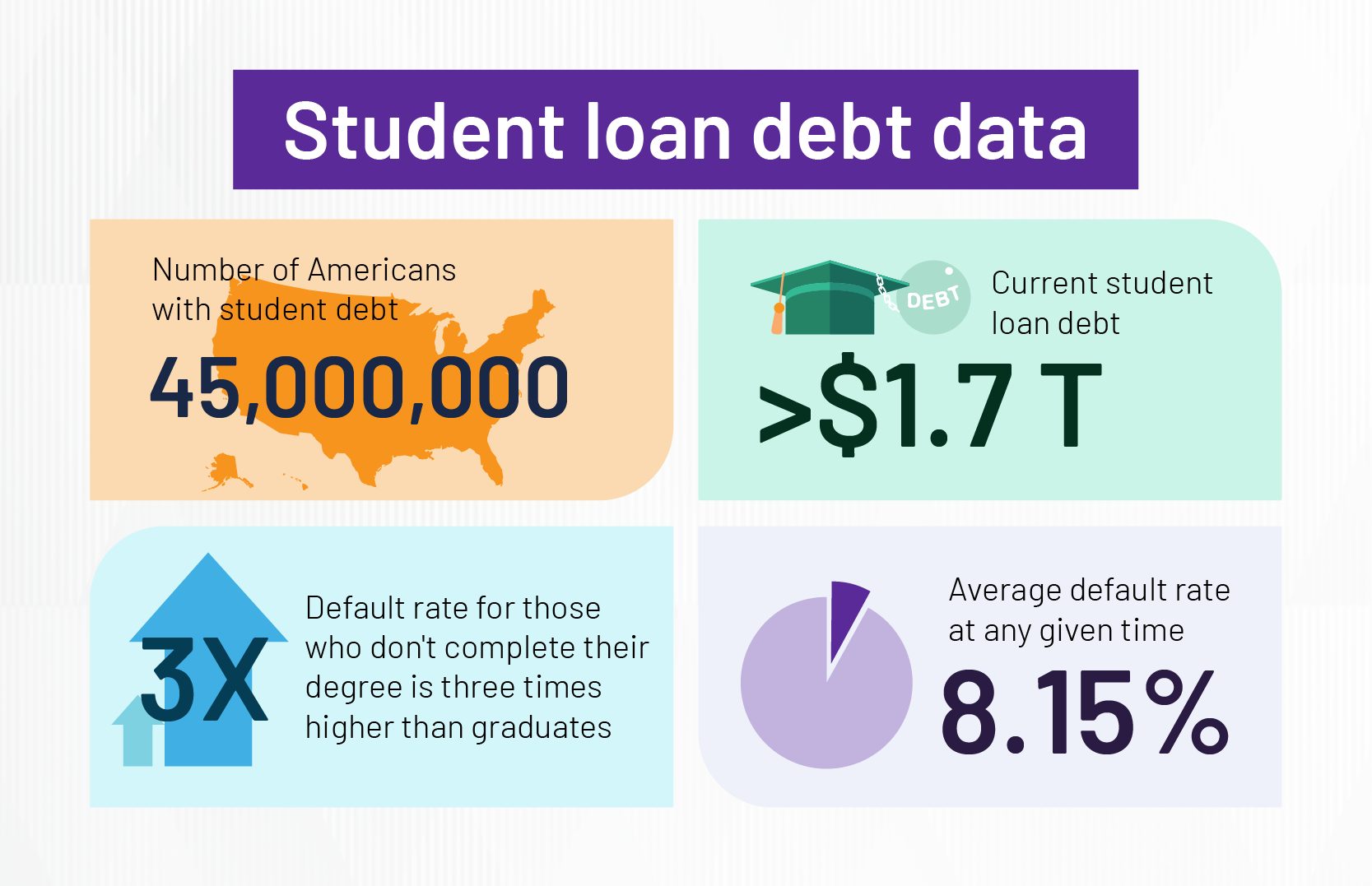NEW YORK— July 21, 2020– To surface the new realities facing higher education in the wake of COVID-19, Watermark, a pioneer in educational intelligence, commissioned a national survey of higher ed professionals to understand the impact of COVID-19 on mission-critical processes and anticipated changes for fall 2020 and beyond. In addition to finding that 98 percent of institutions are placing a higher priority on using student feedback to provide insight into the curriculum and student experience, other findings related to teaching & learning, assessment, student feedback, faculty activity reporting and reviews, and catalog and curriculum management were published today in a comprehensive report, COVID-19 and Your Campus: Impacts on Teaching & Learning and Institutional Effectiveness.
More than 850 provosts, deans, department chairs, registrars, and staff representing academic affairs, institutional research & effectiveness, assessment, faculty affairs, information technology, and instructional design responded — representing 706 two- and four-year institutions. Unlike any event in recent history, COVID-19 created significant disruption at most responding institutions — only 7% of the institutions indicated having half or more of its students online pre-pandemic. As a result, the majority indicated a new and greater reliance on technology to support and drive improvement efforts this fall. Respondents cited the following actions as key to moving operations forward:
- Digitizing all core institutional processes to ensure continuity
- Leveraging existing student learning artifacts and technologies to evaluate learning outcomes achievement
- Using assessment and course evaluation data to better support student success
- Better preparing faculty for online instruction, assessment, and activity reporting
“It’s heartening to see a greater awareness of our students’ needs and ensuring that we are building structures and being responsive not to who we think our students are and how they operate, but who they really are and what they really need,” Dr. Natasha Jankowski, Executive Director, National Institute of Learning Outcomes Assessment, said of the report.
As institutions look to expand their use of technology, most viewed data collection as key to making meaningful improvements to student and institutional outcomes in the coming academic terms.
- 98% are placing high priority on using student feedback to provide insight into the curriculum and student experience for purposes of institutional improvement
- 91% said they are maintaining or increasing prioritization of assessment
- 85% have the same or increasing concerns around collecting evidence for accreditation
- 66% said COVID-19 has impacted plans for 2020-2021 faculty review
- 43% are facing challenges documenting curriculum review and revision
“It’s clear that institutions are still struggling with the rapid transition to remote teaching & learning, ensuring students are supported, and beginning to re-forecast enrollment and retention. Students are adapting to new modes of learning, interacting with faculty and other students online, and figuring out how to use institutional services remotely,” said Matt Bartel, Watermark’s Chief Product Officer.
“This research shows that institutional leaders are thinking about all of these things differently and looking to implement the kind of changes that best serve their stakeholders. Our goal was to provide collective insight into what is and what is not working in the shift to remote teaching and learning and to help ensure that the technology we provide at Watermark best serves the needs of institutions today and into the future.”
In the coming month, Watermark will host an in-depth webinar discussion on the survey and its findings. A copy of the full report can be downloaded here.































































































































































































































































































































































































